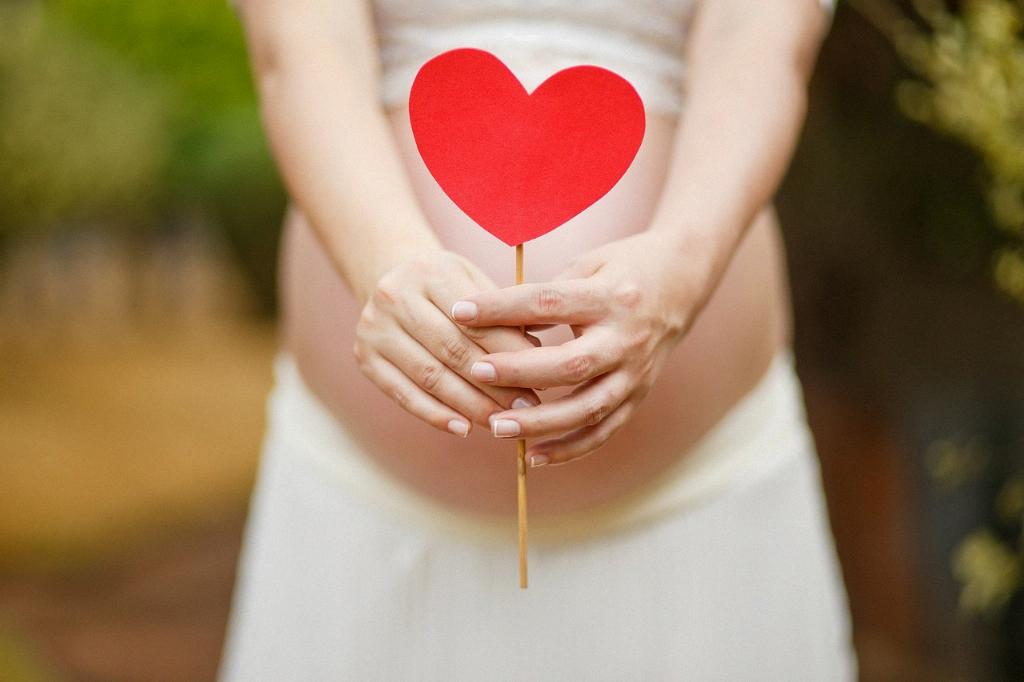When it comes to tracking the progress of pregnancy, expectant mothers often rely on weeks rather than months to determine where they are in the journey of bringing new life into the world. Despite this common practice, many individuals may find themselves wondering exactly how many months correspond to being 20 weeks pregnant.
At the 20-week mark of pregnancy, it is safe to say that you are halfway through your term. As each pregnancy spans approximately 40 weeks from conception to delivery, being 20 weeks pregnant translates to being five months along in the process.
It is important to note that the method of numbering weeks in pregnancy can sometimes lead to confusion for those trying to gauge the exact month they are in. With months varying in length and each trimester encapsulating 13 weeks on average, the transition between weeks and months might not align precisely.
For some, the idea of being five months pregnant at 20 weeks might seem slightly perplexing. This disconnect stems from the fact that months do not directly equate to a set number of weeks, resulting in a slight disparity between the two measurements.
Despite the slight inconsistency between weeks and months, using the week-by-week system allows for a more detailed tracking of fetal development and maternal changes throughout the entire pregnancy journey. Each week brings new developments and milestones, offering a comprehensive view of the progression towards childbirth.
As the pregnancy progresses, it is common for expectant parents to eagerly anticipate reaching the halfway point at 20 weeks. This milestone not only signifies a significant achievement but also marks the beginning of a new phase in the pregnancy journey, where preparations for the arrival of the little one start to intensify.
Reaching the 20-week mark also often coincides with a detailed ultrasound examination, known as the anatomy scan. This scan provides a comprehensive assessment of the baby’s growth and development, offering insights into the health and well-being of both the fetus and the mother.
Furthermore, the midway point of pregnancy brings about a heightened sense of awareness and connection between the expectant parents and their growing baby. As the baby’s movements become more pronounced and identifiable, the bond between parent and child strengthens, setting the stage for the impending arrival.
For many pregnant individuals, the transition into the fifth month of pregnancy at 20 weeks signifies a period of increased excitement and anticipation. With the halfway mark in the rearview mirror, the countdown to meeting their newborn begins, fueling a mix of emotions ranging from joy and anticipation to a touch of nervousness.
While the journey through pregnancy is unique for each individual, the common thread that binds all expectant parents is the shared experience of watching their child grow and develop over the course of 40 weeks. Every milestone, including the 20-week mark, serves as a reminder of the miraculous process unfolding within the womb.
In conclusion, being 20 weeks pregnant translates to entering the fifth month of pregnancy, marking the halfway point in the 40-week journey towards childbirth. Despite the slight variation in the correspondence between weeks and months, the significance of reaching this milestone is undeniable, ushering in a new phase of excitement, preparation, and connection between parent and child.

